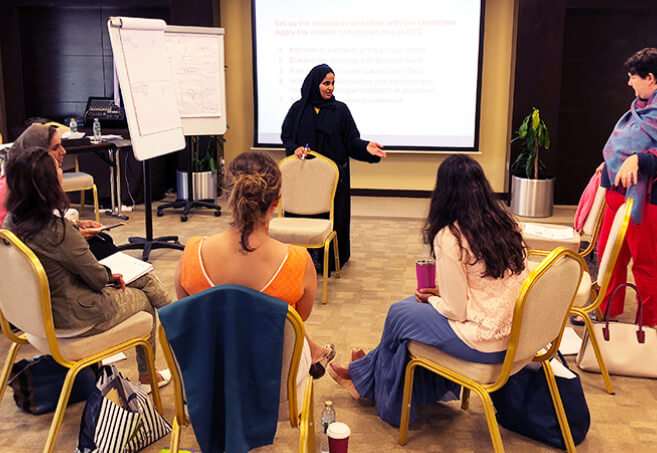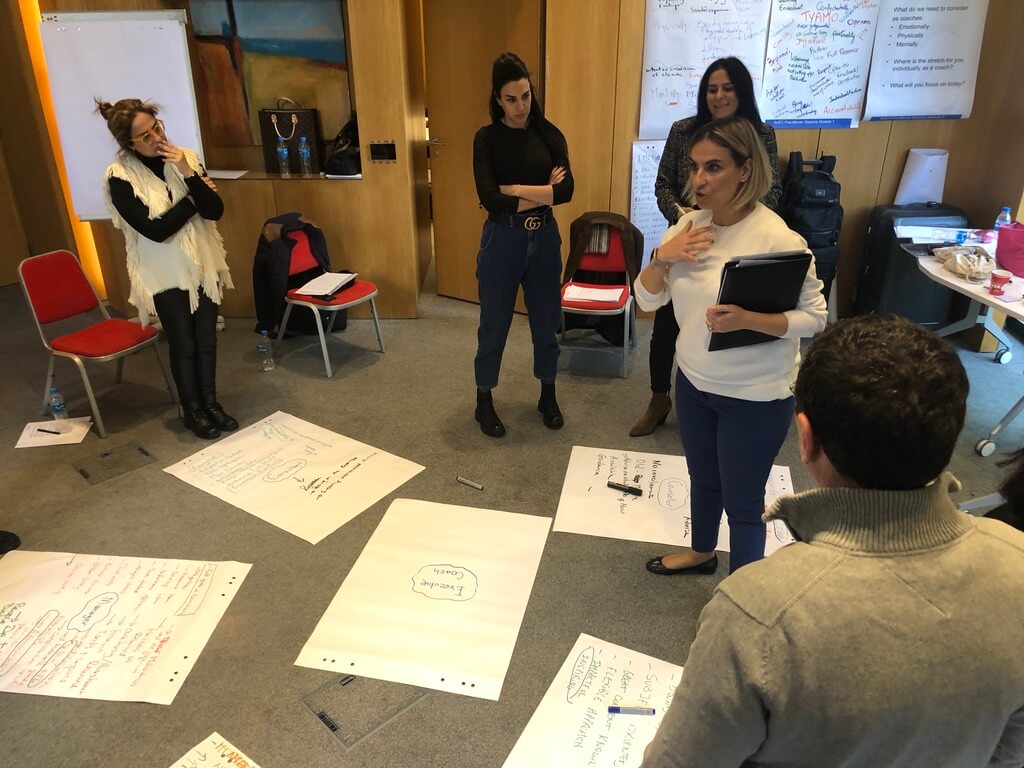Companies striving to create more welcoming environments for their employees increasingly turn to executive coaching. Leaders can benefit from gaining self-awareness by consulting with an executive mentor to examine their attitudes, assumptions, and habits. By achieving this information, they can improve their self-awareness and ability to manage their teams.
Understanding the Value of Being Included
The goal of an inclusive workplace is to ensure that every employee is treated with equality and respect at all times. Accepting that fresh perspectives and thoughts can come from various sources is essential. In addition, it can boost morale and output in the workplace. Companies benefit from an inclusive workplace culture.
Identifying Biases and Behaviors
An executive coach’s primary responsibility is to assist executives in recognizing their tendencies and patterns of behavior. This is significant because discrimination frequently results in social isolation. Leaders can strive to eliminate bias in the workplace by increasing their awareness of the impact of their preferences.
To assist leaders in recognizing their own biases and behaviors, executive coaches employ a wide range of methods. For example, they might conduct interviews, surveys, and evaluations to find the best candidates. Using these techniques, leaders can learn more about themselves and how they affect others.
Building Inclusive Leadership Abilities
Inclusive leadership prioritizes the well-being and contribution of all members of the group. It means being aware of your attitudes and actions and making a space where everyone feels welcome.
An organizational coach in Dubai can also be highly beneficial for companies that want their leaders to develop a more inclusive mindset. With the help of a coach, leaders can learn how to become more empathetic and improve their listening skills. An organizational coach can also guide leaders on how to connect with employees from diverse backgrounds, which is essential for creating a workplace where everyone feels valued.
Addressing Unconscious Bias
The term “unconscious bias” describes a bias that happens outside our awareness. Assumptions about people’s identities based on ethnicity, gender, age, or other factors can result. One obstacle to fostering an open workplace is employees’ own unconscious biases.
Executive coaching can educate top-level managers about the impact of their own subconscious biases on decision-making. Executive coaches can aid their clients in spotting and questioning the validity of their own beliefs. They can also assist decision-makers in developing impartial procedures and policies. Leaders can foster a more diverse and welcoming work environment by tackling the issue of unconscious bias.
Making an All-Welcoming Community
As a final point, executive coaching can aid in establishing an inclusive atmosphere. Coaches can develop a more welcoming and diverse work environment by collaborating with company executives. Furthermore, they can assist leaders in formulating plans to implement that goal.
Takeaway
Finally, executive coaching services can help make the workplace more welcoming for people of all backgrounds and perspectives. Leaders can benefit from gaining self-awareness by consulting with an executive mentor to examine their attitudes, assumptions, and habits. They can learn the tools necessary to combat prejudice in themselves and others. And they can do their part to foster an environment where everyone feels welcome and appreciated.







